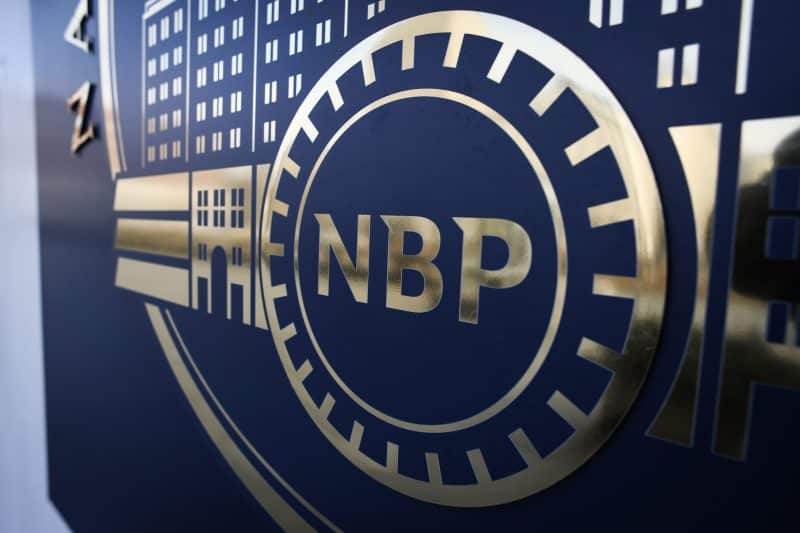According to the predictions of most analysts, the conference of the President of the National Bank of Poland (NBP) turned out to be significant. Adam Glapiński’s discussions with the government were rather mundane compared to the forecasts he presented.
Very low chances of rate cuts in 2024
The press conference of the NBP president did not disappoint. It started with a considerable discussion about… gold. While the composition of reserves is indeed a key issue, post-decision conferences typically focus more on those decisions. We also learned about two inflation projections: with and without the current policies. According to the one with the policies, we might fall below 3% inflation as early as March. This would mean an inflation rate more than twice as low as the current one in three months. It might seem that since we might meet the inflation target within a quarter, we could expect interest rate cuts. However, the surprise here is that the confirmation of high interest rates having a freezing effect on the economy was followed by an announcement that the chances of cuts in 2024 are very low, and we are likely to remain at the same levels by the end of the year. The markets didn’t ignore the president’s words completely, as the Zloty strengthened by about 1.5 grosze, but this change was relatively minor for such a bombshell.
Czechs accelerate rate cuts
Yesterday in the Czech Republic, interest rates were cut. Contrary to initial expectations, rates were not lowered by 0.25%, but immediately by 0.5%. This was the second consecutive meeting with cuts, the previous one featuring a 0.25% decrease, and the market was expecting a calm cycle. Interestingly, the current interest rate is 6.25%, while inflation is 6.9%. Thus, the Czech Republic is in a situation of negative real interest rates. In this context, the faster than expected rate cut was even more surprising. On the other hand, inflation in our southern neighbor has a yoyo effect. Three months ago, it also stood at the same rate, after which, unfortunately for Czech wallets, it bounced back to 8.5%. The surprising nature of this decision is highlighted by the fact that immediately after the announcement, the Czech crown lost 1.2% in value against the euro. This change is equivalent to the euro rising suddenly by 5.5 grosze against the Zloty.
Deflation in China
China has its own issues, though they are distinctly different from those in our part of the world. The best evidence for this is the annual consumer price deflation of 0.8%, compared to the expected 0.5%. In China, the inflation rate is not falling, prices are – shopping is becoming cheaper. The drop also affects producer prices. The drop here is even bigger, at 2.5%. However, the country has not engaged in the frenzy of experiments with record-low interest rates. On the other hand, it is where many companies, such as the recently well-known developer Evergrande, are having huge problems.
Maciej Przygórzewski – Chief Analyst at InternetowyKantor.pl and Walutomat.pl.
